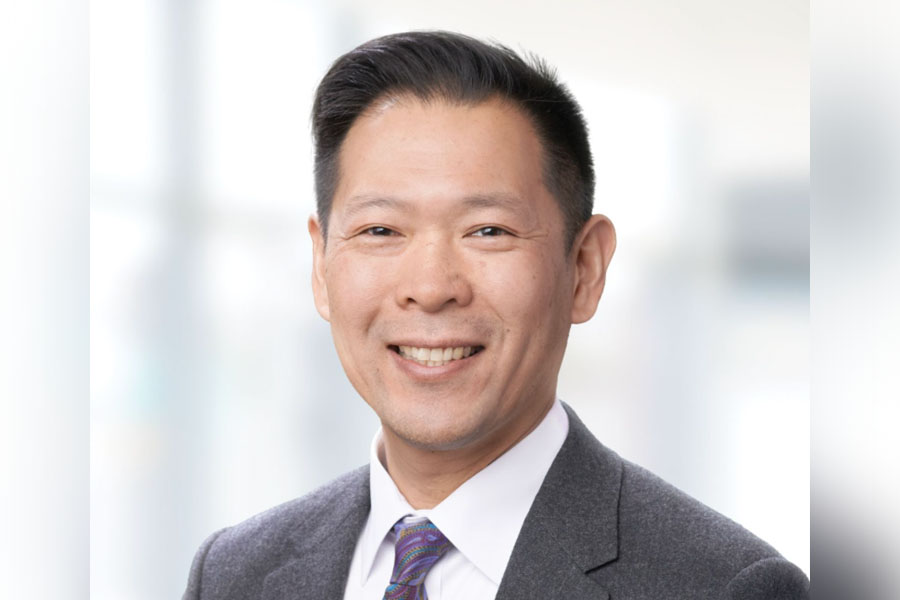What is your current role in health care?
“I’m the Division Medical Director for Hospital Medicine and Palliative Care across the HealthPartners (HP) Care Group. I oversee our hospitalist program across the HealthPartners hospitals, as well as some of our relationships with other non-system hospitals. I also have a role in value-based care so I’m the Medical Director of value-based care at HP as well.”
What stands out as a favorite memory during your time as an MHA student?
“I was in the executive program so we only met a couple of times a year in person and the rest was interactive but online. After our first in-person session, I started to invite some of my classmates to stay at my home when they would come back in person. We kind of had our family that would stay in my house, each time they came to the in-person sessions. It was really fun to be able to come back home after each day, and have our own mentoring sessions.”
How has the MHA Program helped prepare you for your career?
“I’ve been in healthcare for 21 years and when I started the program I was in the 17th or 18th year of my career. I liken it to a second language. As a Chinese American, I grew up listening and understanding Chinese but when I spent time overseas and was immersed in the language, I realized that there was so much that I was missing. The MHA program was a lot like that. I realized there was a depth of information that made it into another language for me and the program helped build a fluency that I didn’t think I had.”
What challenges and opportunities will healthcare leaders encounter in the next 5-15 years? What skills will leaders need to be successful in light of these challenges and opportunities?
“With the pandemic and geo-political divides, I think that healthcare leaders are going to face a lot of change. I think they’re going to face a lot of credibility challenges. I think they’re also going to face a lot of workforce burnout, and limited access to a workforce. It’s an opportunity to change and design for the better.
I think it’s going to require that healthcare leaders have a broad understanding of what’s happening in healthcare as we move forward. I don’t think it’ll be good enough for a leader to be really good at one specific skill. I think healthcare leaders are going to have to be better at integrating financial, demographic, and staffing trends. It doesn’t mean they have to be the expert in it, but I think they’re going to have to create a team that can really integrate all that information and rapidly assess and take risks.”
If you could give one piece of advice to a current student, what would it be?
“Take this time to learn. Just experience it, don’t worry about your grades, worry about learning. Learn from both the classroom and from people and their experiences. For those in the residential courses, go out and do your internships, get connected with folks, and enjoy it. If you are in the executive program, despite how busy you are, take advantage of the forced connection that you have through the program and visit each other’s systems, really ask hard questions, and take it as an opportunity to learn.”
Why is your class the best class ever?
“For the executive class, it was the diversity of people – their backgrounds, their stages in life, as well as the stages of their career. We were able to be connected in a way that I don’t think a lot of us have experienced in our careers or our education.”

